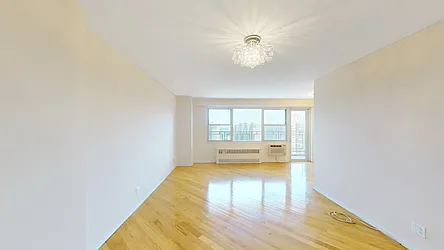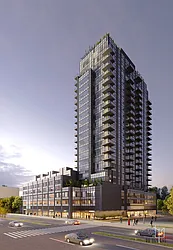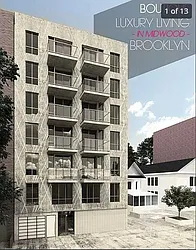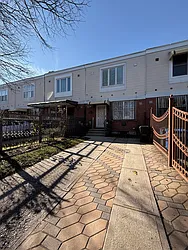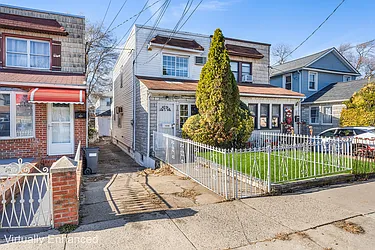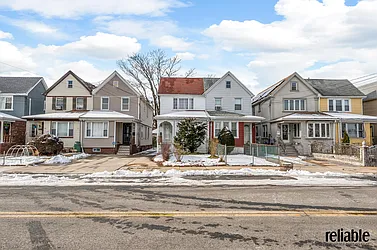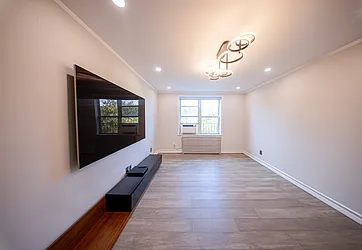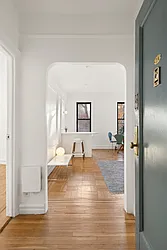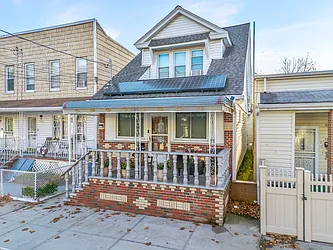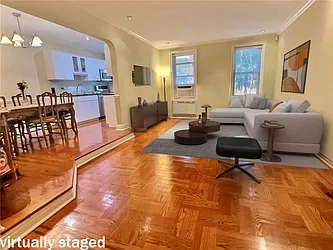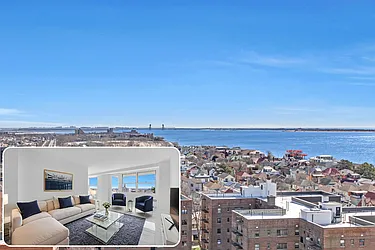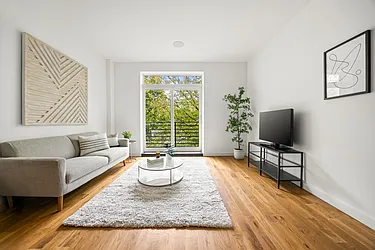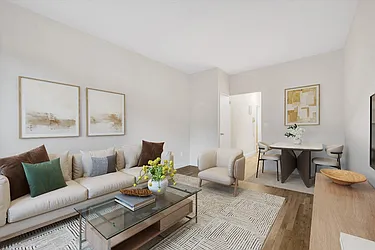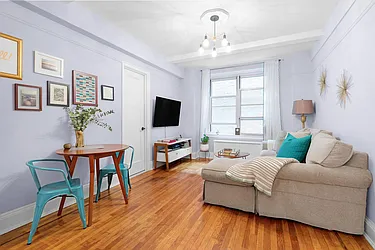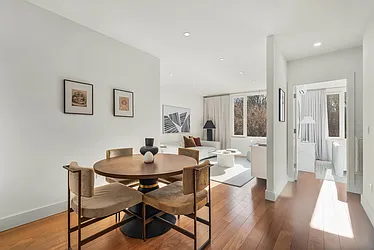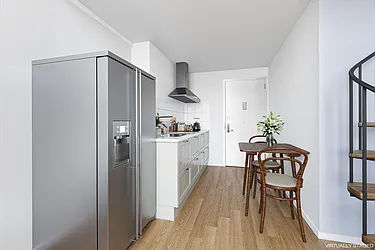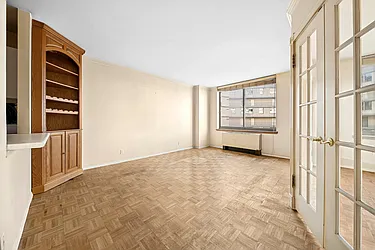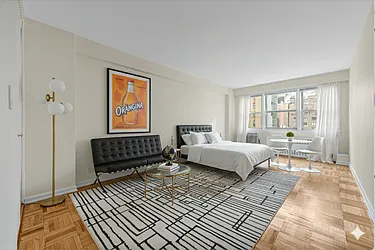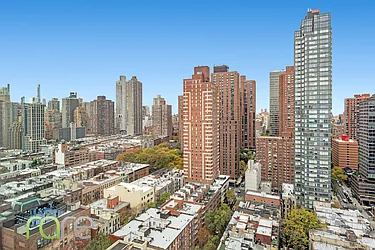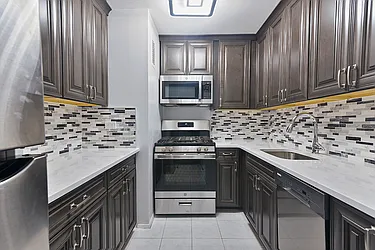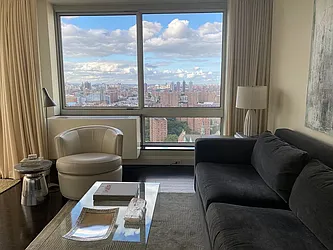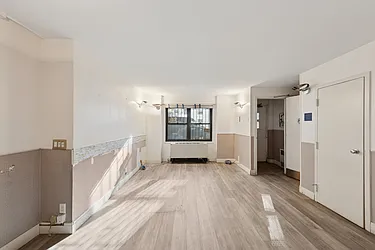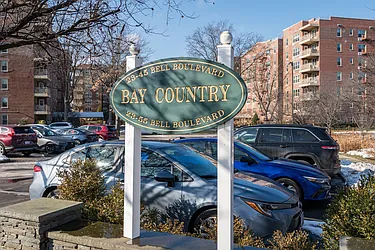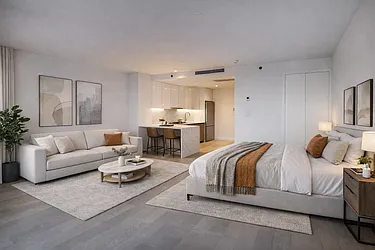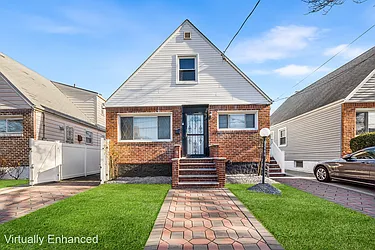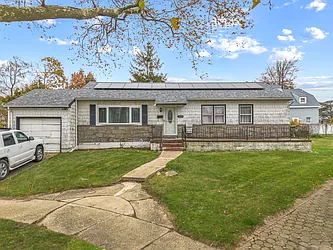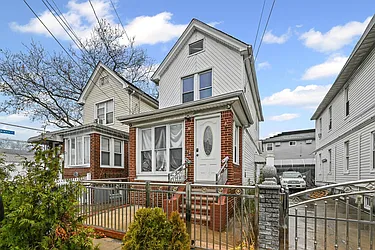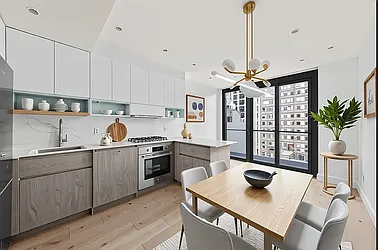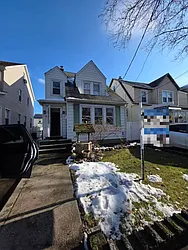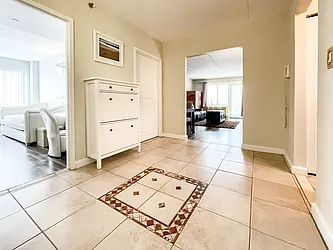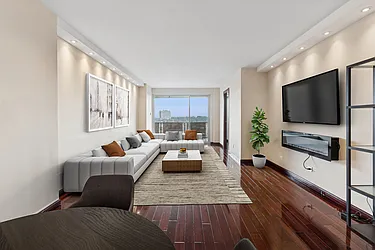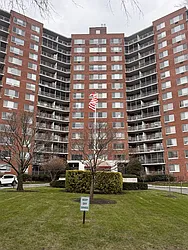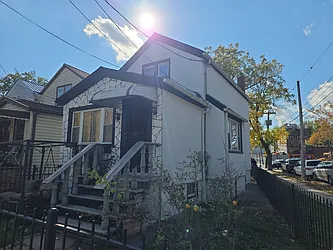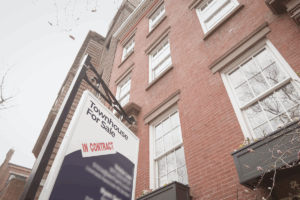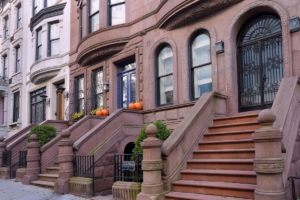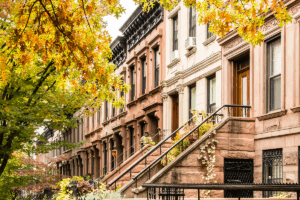Buying Your First Home in NYC
Buying a home in NYC is complicated, but rewarding. If you're a first-time home buyer, or even a returning buyer who needs a refresher, this guide will provide you with tips and strategies for your home-buying journey.
A few of the topics covered in this guide include: how to find your dream home, how to find a buyer's agent, how to prepare for a co-op board interview (and what even is a co-op vs. a condo?), information about home inspections, home loans and mortgages, and much more! We hope these articles will help you make educated decisions and feel a little more confident as you begin this journey — whether you're a first-time home buyer or a real estate veteran. Happy home shopping!Suppose you’re in the market to purchase a New York City co-op or condo. Congratulations! You’ll probably need a mortgage — but getting one can be challenging. Fortunately, preparing for the process will build your home-buying confidence. So, if you’re wondering how to get a mortgage for a co-op or condo, consider this your ultimate guide — from the documents you’ll need to the differences in closing costs — here we tackle it all.
Brooklyn Homes Under $800K on StreetEasy Article continues below
What Is a Condo vs. a Co-op?
Before reviewing how to get a mortgage, let’s walk through the primary differences between condos and co-ops.
A condominium is a private residence in a multi-unit building. When you buy one, you own your unit, and you partly own the building’s commonly used property, like the gym or rooftop lounge.
A co-op is structured differently. It’s a cooperative (hence the term co-op), and when you buy into one, you’re purchasing shares in the building. This co-op vs. condo explainer goes more in depth.
Manhattan Homes Under $800K on StreetEasy Article continues below
Getting Mortgage Approval for Condos vs. Co-ops
If you’re wondering how to get a mortgage for a co-op or condo, the most significant need to know is that the two main entities need approval during the mortgage process: the building and the borrower.
The mortgage lender must approve the building
Condo buildings are generally easier for lenders to approve if most of the buyers in a building are using their units as primary residences. On the flip side, some condos are non-warrantable, which means they don’t meet all the lending requirements. New construction is an example, if the building is not complete or too many units are investment properties.
When it comes to getting a mortgage, co-ops present even more challenges, mostly because there are more reasons for co-op buildings to be considered non-warrantable. Here are three instances:
- If one person in the co-op has too many shares, that could make the bank uneasy. What if that person gets into financial trouble and can’t pay the dues for the building? That could be detrimental to the co-op’s financials.
- If the co-op’s financial statements aren’t up to snuff, that could make a lender nervous too. The lender may require two years of the co-op’s tax returns and bank statements, showing available reserves.
- If the building is involved in multiple lawsuits, that’s a big red flag for a lender. No one wants to get involved in ongoing litigation since cases can quickly drain financial resources.
The mortgage lender must approve the borrower
Let’s talk condos first. Generally, a 20% down payment is the minimum. And you have to present the typical mortgage package to your lender, including the mortgage questionnaire, insurance info, financials, and a budget.
Put simply, once your lender approves you and the condo seller agrees to sell to you, congrats: you’re a condo owner!
On the other hand, a co-op requires a little more convincing because, as mentioned earlier, it’s a cooperative. First, you need to get your mortgage approved by a lender. The process is similar to that of a condo. Afterward, you must present that approved mortgage package to the co-op board. And the board might ask for even more information. They may want to see more available cash in the bank, some letters of recommendation, or additional employment verification. These tips will help you prepare for a co-op board interview.
Once the board has all the necessary info and reviews your package, they can accept or deny you at their discretion.
Queens Homes Under $800K on StreetEasy Article continues below
Closing Costs for Mortgages: Condos vs. Co-ops
One great perk for co-op buyers — closing costs are typically cheaper than those associated with a condo purchase. Co-op closing costs generally hover around 2-5% of the purchase price, whereas a condo’s closing costs depend on the loan’s size, title insurance, etc.
More Tips on How to Get a Mortgage
There are more things to consider when thinking about how to get a mortgage.
Do you need a good credit score to get a mortgage?
Many borrowers don’t realize that there’s not an official minimum credit score for a mortgage. Lenders establish their own requirements. With this in mind, a score lower than 600 may be a problem. Ideally, your score should be around 700 or better.
But a low credit score doesn’t always count you out. There are extenuating circumstances. If you can plunk down a hefty down payment or manage to lower the debt impacting your credit score, it may be possible to get a mortgage.
Should you use a mortgage broker or mortgage banker?
It’s up to you. The most significant difference between a mortgage banker and a mortgage broker is that a banker works for one institution and closes your mortgage using bank funds. A broker shops your loan around to many institutions to help you secure the best financing deal.
Should you get preapproved for a mortgage?
Yes, it would certainly help. It signals to listing agents and home sellers that you’re a serious, qualified buyer. Learn more about preapproval and how it differs from prequalification.
Which should you get first: a mortgage broker or a real estate agent?
They often work hand-in-hand. In fact, a real estate agent may send you to a mortgage broker first to get preapproved, or vice-versa. Consider them both essential to your home-buying journey.
While the mortgage process for either condos or co-ops may seem onerous, have some patience. Your dream home is out there — you just have to gather the right paperwork to get it!

